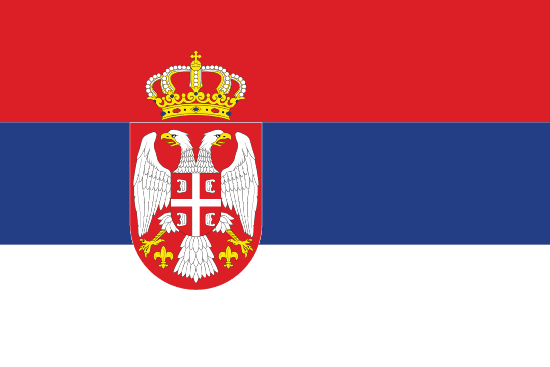"Beograd - Grad koji nikad ne spava | Belgrade - The city that never sleeps"
About:
Belgrade, the capital of Serbia, has a rich history dating back to 279 BC when it was founded by the Celts. It became the capital of the Serbian Kingdom in 1403. Over the centuries, it was conquered by the Romans, Ottomans, and Austrians, reflecting its strategic location. In the 20th century, it suffered heavy damage during both World Wars and the 1999 NATO bombings. Today, Belgrade is a thriving city, known for its vibrant nightlife and cultural attractions.
When to visit:
Belgrade, the capital city of Serbia, experiences four distinct seasons throughout the year. The best time to visit Belgrade for a holiday is during the spring or autumn months, from April to June and September to October, when the weather is mild and pleasant. This is also when the city hosts various cultural events, festivals, and outdoor activities. Summer can be hot and crowded with tourists, while winter can be cold and less lively, so visiting during the shoulder seasons offers a more enjoyable experience in Belgrade.
When to avoid:
The worst time to travel to Belgrade, Serbia on a holiday would be during the peak summer months of July and August. Temperatures can soar above 30 degrees Celsius, making sightseeing and outdoor activities uncomfortable. Additionally, these months coincide with the peak tourist season, resulting in crowded attractions and higher prices for accommodations. To avoid the crowds and enjoy more pleasant weather, it is advisable to visit Belgrade during the shoulder seasons of spring (April to June) or fall (September to October).
Winter (December–February)
Winter (December–February)
Spring (March–May)
Spring (March–May)
Language:
In Belgrade, the official and most widely spoken language is Serbian. It is used in all aspects of daily life, including government, media, and education. Serbian is written in both Cyrillic and Latin script, with Cyrillic being the official one. Additionally, English is also widely understood and spoken, particularly among the younger population and in the tourism and business sectors. Other languages spoken include Hungarian, Bosnian, and Romani.




